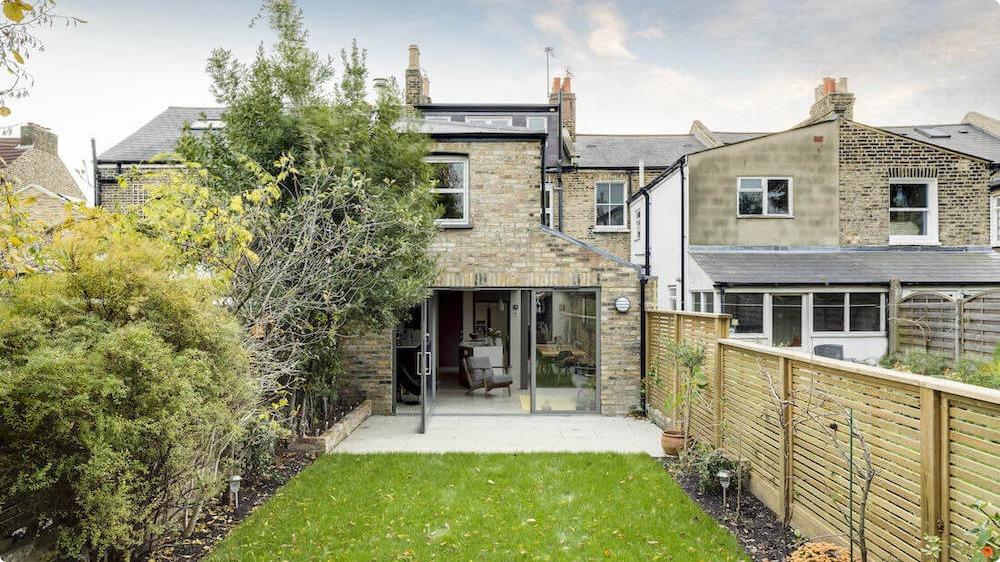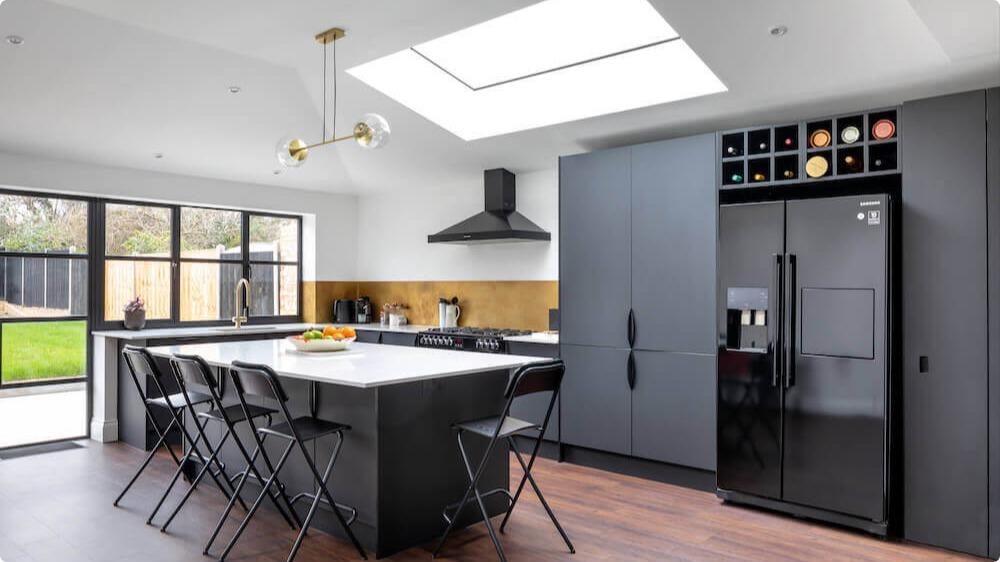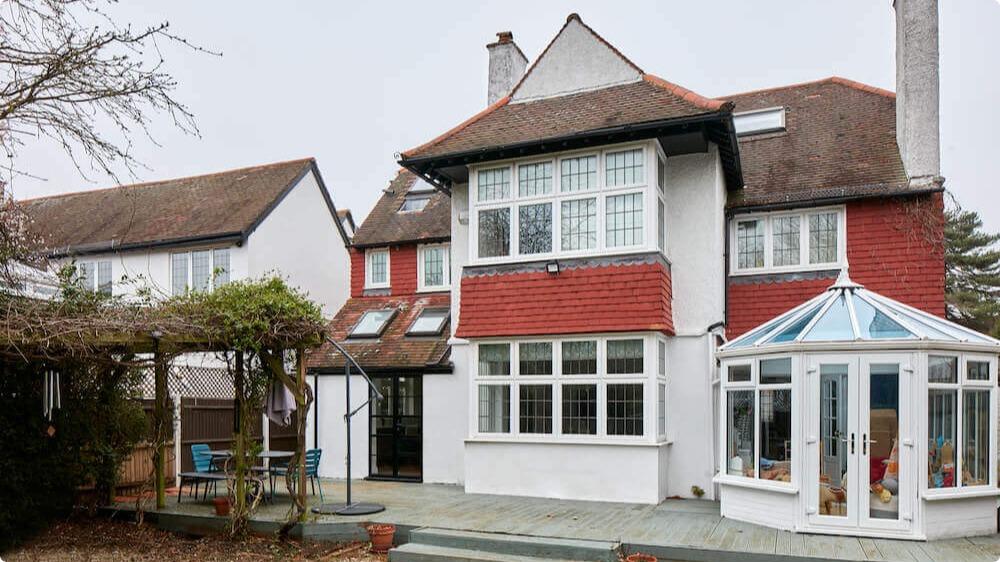You are wondering if you can remortgage to buy another property? Of course! Are you thinking of a buy-to-let investment? Or possibly a holiday home in your favourite town? Remortgaging to buy another home is a common way to add a second property to your portfolio - but it is important to understand how it works.
What are common second purchases?
When buying another property, you will need to inform your mortgage adviser why you are investing in another property and what it is for. There are a few reasons you may invest in a second property:
Buy-to-let
You may be thinking of becoming a landlord and building your portfolio. A buy-to-let mortgage differs largely from the mortgage on your own home. The amount the lender will let you borrow will depend on the income you receive from the property.
Let to buy
Thinking this sounds similar to buy-to-let? Let-to-buy means renting out your current home to tenants to buy another home that you will then live in.
Whereas buy-to-let is purchasing another property and renting this out. Purchasing a let to buy means switching your current residential mortgage to a let to buy mortgage and getting a new residential mortgage for your new home. Our expert mortgage advisers can help ensure you end up paying the right rate for you on both mortgages.
Buying a second home/holiday home
Dreaming of a holiday home and having somewhere to escape to? Holiday homes can create great memories for you and your family, although they can become a burden and require a lot of upkeep. Always factor in any maintenance costs on the property and ensure you are not overstretching yourself with a second mortgage.
Holiday lets
Purchasing a property for holiday letting? Holiday letting can be an enjoyable way to invest, however, getting a mortgage for your holiday home can prove difficult as there is a larger deposit required. Typically, 25%- 30% is required by purchasing a property for holiday letting.
For a dependant or family member to live in
It's important to remember, with your name on the mortgage, you'll be just as legally responsible for repayments as the person living there. Make sure you get the correct contract in place and the legal rules set out between you and your dependant.
Buying a commercial property for business use
Commerical mortgages are different to residential, so you'll need to work with a broker who is able to cover this variety, as well as discuss how the repayment plan will work.

An example of a terraced London property. Remortgaging this property would allow a larger, country-side property to be purchased, so this could become a buy-to-let.
What are your options?
Unless the equity in your current home is enough to cover the cost of your second property, you will need to take out a second mortgage. Loan to value rates are expected to be the same as your first mortgage, so it is advised to aim for a 20% deposit to keep interest rates low.
One remortgage
In a fortunate case you may have enough equity in your first property that allows you to release any funds and buy your second property in full, meaning you will be left with one mortgage on your first property only.
Two remortgages
This is the most common situation. Releasing any equity in your first property to have a deposit for the second property. Resulting in two mortgages one on your first property and one on your second.
Three remortgages
In a very unlikely case, you can apply for a second charge remortgage, also known as a secured loan, on your first property, and leave the original mortgage in place. The money released from this can be used as a deposit for the third mortgage used to purchase your second property.
Second charge mortgages are completed with one of our trusted partners.
How do I remortgage one house to buy another property?
When remortgaging your current property to buy another, there are many things the lender will consider.
Equity in your home
The main consideration is the amount of equity in your current home; there needs to be enough equity in your current home to purchase another property. You will have two options when remortgaging to buy another property – to either get a full mortgage, replacing your original mortgage or a second charge mortgage, which is a separate loan secured on your existing home.

This renovated kitchen could provide additional equity, should the price of the house have risen as a result.
Affordability
Can you afford a second home? A question the lender will be asking. When remortgaging to buy another property the lender will be looking at your income compared to your outgoings, such as your usual utility bills, childcare and any outstanding payments such as a car on finance. It is important to ensure you can afford all the payments and upkeep of a second property and factor in any possible costs. Resi Finance has access to 1000s of mortgages to help find the right one for you and your needs, contact us here for a quick chat.
Your income
Your income will impact how much the lender will allow you to borrow. Typically, lenders allow for a mortgage 4x your income, occasionally this can be 5x or 6x. However, your income does not just refer to your salary, it refers to your income as a whole. For example, any bonuses, dividends, maintenance payments or child benefits.
Your credit status
Having a poor credit history can be a worry at times and this may affect how much more you can borrow. This is because to the lender it may be a risk to allow you to borrow more, your mortgage adviser can help advise on this and find the right bad credit mortgage for your circumstances. With that being said, it is always important to ensure you are not borrowing more than you can afford and ensure buying a second property is right for you.
Employment type
Self-employed or recently got a new job? Both can affect your mortgage application when looking to secure another property. Again, lenders will be considering the risk of allowing you to borrow more money and will take into account your employment status.
Keeping the cost of your remortgage down
Remortgaging can be pricey with many legal fees, possible valuation fees on your new property, and early repayment charges for your current mortgage. It is important to factor in all these charges and costs when working out if can afford your remortgage.
Our in-house mortgage team can help find the right mortgage for you and help keep costs low to ensure you aren’t paying more than you need to.
Other considerations
Alongside the charges we've already touched on and the potential influencing factors, there are a couple more things you might need to consider in your mortgage venture.
Second home stamp duty
When purchasing a second home, you will need to pay second home stamp duty, an amount that differs from normal residential rates, as there is a 3% surcharge in addition to the normal stamp duty rate.
The amount will also depend on the price of the property:
- Properties under £125,000 – 3% Stamp Duty
- Properties between £125,001 and £250,000 – 5% Stamp Duty
- Properties between £250,001 and £925,000 – 8% Stamp Duty

Larger, more expensive properties such as this, will result in a higher percentage of stamp duty being required.
Capital tax gains
When renting out a property, you’ll pay income tax on the rent money you receive. Our mortgage advisers are not qualified to offer tax advice. If you ever do sell your second property and you have made a profit (capital gain) then you will be taxed on this profit, not the total amount received.
Common FAQs
It's normal to have a lot of questions about this major purchase. Here are some of the most common that come through our door.
Can I remortgage to buy another property abroad?
Yes! If you have a large amount of equity in your current home, you are able to refinance your own home and use that money to buy another property abroad.
Can I remortgage my house to buy another property if I have recently started a new job or if I work part-time?
If you have just started a new job, most lenders will require you to wait at least six months before applying for a mortgage. However, some lenders may approve your application after three months.
Working part-time can affect your mortgage application, but we have access to specialist lenders to help find the right deal for you.
Are there age restrictions?
There are no age restrictions when you remortgage. However, your options can reduce after the age of 65, and many lenders will need your mortgage to be paid off by a certain age.
Can I remortgage with an early repayment charge to pay on my current mortgage?
You can remortgage early, but this may incur an early repayment charge, which can be thousands of pounds depending on how early in your contract you are wanting to remortgage.
Can I remortgage a property I own outright to buy another one?
In short, yes, you are able to remortgage your property to buy another. The lender will need to know why you are remortgaging your property and the amount will depend on the current value of your property.
Buying a second home is a great investment and an exciting opportunity. Here at Resi, we have a team of mortgage advisers to help ensure you are making the right decisions when it comes to you and your finances.
Get in touch with us here to speak to a remortgage expert and we’ll help with everything you need.
- Think carefully before securing other debts against your home. Your home may be repossessed if you do not keep up repayments on your mortgage.
- You may have to pay an early repayment charge to your existing lender if you remortgage.
- Your home may be repossessed if you do not keep up repayments on a mortgage or any other debt secured on it.
- There may be a fee for mortgage advice. The actual amount you pay will depend upon your circumstances. The fee is up to 1%, but a typical fee is £495.























